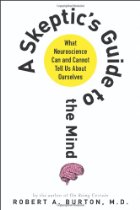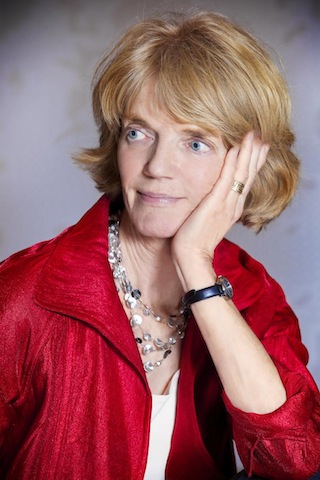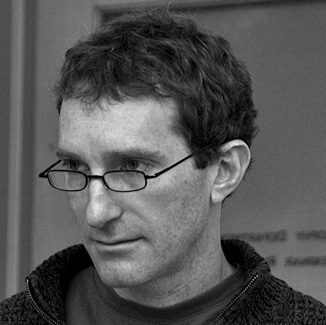 Episode 30 of Books and Ideas
Episode 30 of Books and Ideas is an interview with Tom Clark, the head of the Center for Naturalism and author of
Encountering Naturalism: A Worldview and Its Uses. I first became aware of Clark's work when I reviewed Chris Evatt's book
The Myth of Free Will back in
Episode 12.
In this interview we talk about naturalism as a world view and examine its implications for important questions like free will and morality. Naturalism is a world view that is based on using the scientific method to discover the truth about the world. It rejects supernatural explanations. Clark explains that this means that naturalism rejects the idea of contra-causal free will but that it embraces a more compassionate approach to personal responsibility.
We also talked about
Clark's review of
Did My Neurons Make Me Do It?: Philosophical and Neurobiological Perspectives on Moral Responsibility and Free Will by Nancey Murphy and Warren S. Brown. I discussed this book in
Episode 53 of the
Brain Science Podcast and its co-author Warren Brown will be my guest on next month's
Brain Science Podcast (Episode 62).
 Listen to Episode 30 of Books and Ideas
Listen to Episode 30 of Books and Ideas
Episode Transcript (Download PDF)
Subscribe to Books and Ideas Podcast: 



LINKS:
REFERENCES:
- Encountering Naturalism: A Worldview and Its Uses by Thomas W. Clark
- The Myth of Free Will, edited by Chris Evatt
- Did My Neurons Make Me Do It?: Philosophical and Neurobiological Perspectives on Moral Responsibility and Free Will by Nancey Murphy, Warren S. Brown
- The Sacred Depths of Nature by Ursula Goodenough
- "For the law, neuroscience changes nothing and everything" by Joshua Greene and Jonathan Cohen; Philosophical Transactions of the Royal Society (2004)359,1775–1785. Part of the Theme Issue "Law and the Brain. (Download PDF).
- “Beyond Retribution?: Effects of Encouraging a Deterministic Worldview on Punishment,” by Azim F. Shariff, University of British Columbia, Joshua D. Greene, Harvard University, and Jonathan W. Schooler, University of California at Santa Barbara (submitted).
RELATED PODCAST EPISODES:
- Episode 12 (Books and Ideas): Discussion of The Myth of Free Will, edited by Chris Evatt.
- Episode 53 (Brain Science Podcast): Discussion of Did My Neurons Make Me Do It?: Philosophical and Neurobiological Perspectives on Moral Responsibility and Free Will by Nancey Murphy and Warren S. Brown
- Episode 62 (Brain Science Podcast): Interview with Warren Brown.
 Listen to Episode 30 of Books and Ideas
Listen to Episode 30 of Books and Ideas
Episode Transcript (Download PDF)
Subscribe to Books and Ideas Podcast: 



Send Dr. Campbell feedback at gincampbell at mac.com and don't forget to join our new Facebook Fan Page. 



























